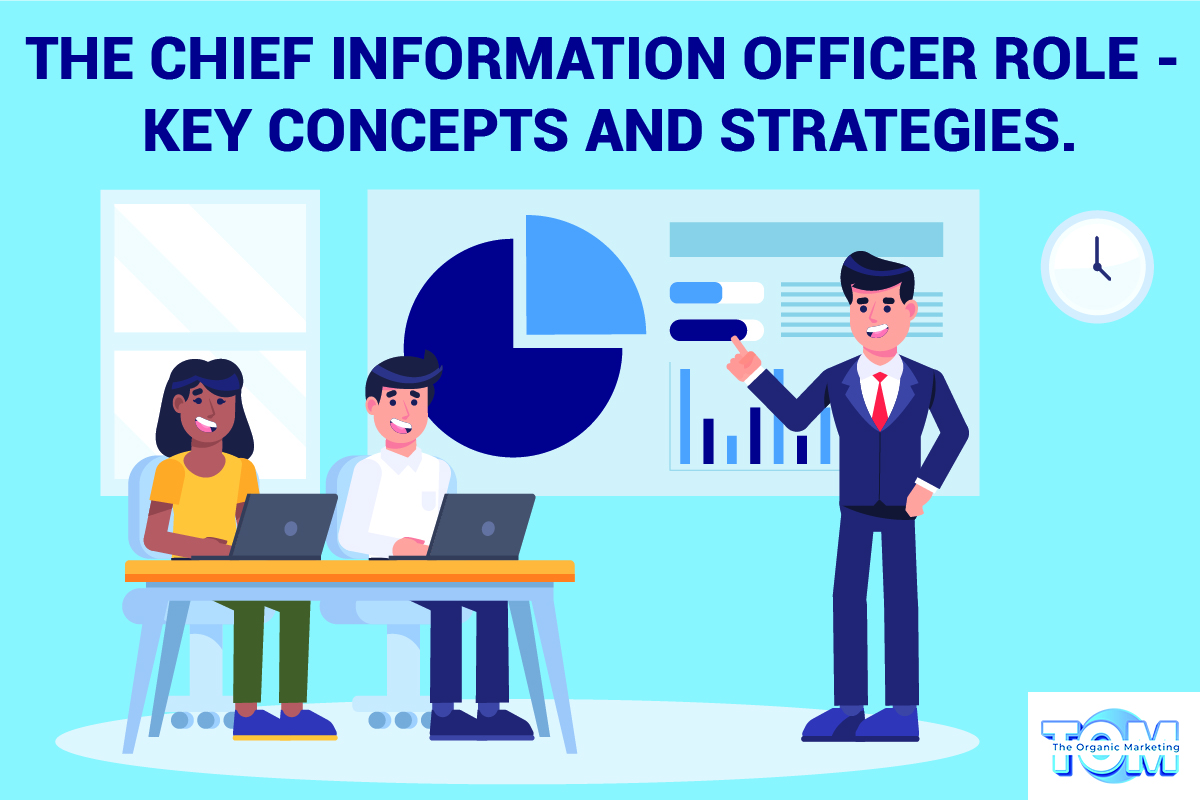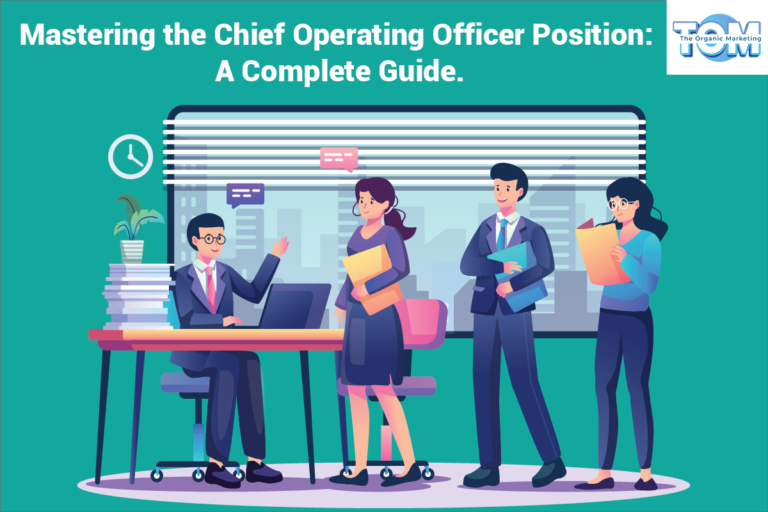Understanding the Chief Information Officer Role: Key Concepts and Strategies
The Chief Information Officer (CIO) position is essential for firms looking to capitalize on technology in today’s ever-changing digital world. The CIO is crucial in managing an organization’s information technology (IT) systems, making sure they support corporate objectives, and promoting digital transformation. The various aspects of the CIO’s function, their responsibilities, the make-up of a CIO team, necessary skills and credentials, the average CIO salary in India, and more will all be covered in this extensive guide.
Who are CIOs?
An organization’s information technology systems and strategies are managed by a senior executive known as the Chief Information Officer (CIO). The chief information officer (CIO) serves as a link between business and technology, ensuring that IT projects support and advance organizational goals. In addition to managing IT resources and guaranteeing the security and integrity of data and systems, the CIO is in charge of developing technological initiatives, fostering innovation, and managing IT resources.
How do CIOs operate?
CIOs collaborate closely with various executives and departments to comprehend the business requirements of the company and use technology to accomplish strategic goals. They work together with senior leadership to create and carry out technology plans that support the mission and objectives of the company. In addition, CIOs are essential in identifying emerging technologies and assessing their prospective effects on the company.
Skills and Qualifications for a CIO
To excel as a CIO, individuals require a combination of technical expertise, leadership skills, and business acumen. The following are important skills and credentials:
- Expertise in technology: Information technology trends, cutting-edge technologies, and IT infrastructure should be well-understood by CIOs. They should be knowledgeable about topics including cloud computing, cybersecurity, data analytics, and enterprise architecture and keep up with changes in the sector.
- Communication and leadership: To manage their teams, influence decision-making, and promote change inside the firm, CIOs must possess outstanding leadership abilities. In order to clearly express technological plans and develop connections with stakeholders, effective communication is essential.
- Business savvy: CIOs must have a thorough awareness of the organization’s market, competitors, and operational procedures. They should be able to show the executive team and board of directors the benefit of IT investments by coordinating technological initiatives with business goals.
- Qualifications in Education: A bachelor’s or master’s degree in computer science, information systems, or a closely related discipline is often held by CIOs. Professional accreditations like the Project Management Professional (PMP), ITIL Foundation, or Certified Information Systems Security Professional (CISSP) might also be useful.
Members of a CIO Team
A CIO often oversees a group of IT experts that serve several organizational functions:
- IT Managers: These experts are in charge of particular facets of IT operations, such as data management, apps, and cybersecurity. They promote ongoing improvement and guarantee the efficient operation of IT systems.
- Business Analysts: In order to discover technological needs, capture requirements, and transform them into technical solutions, business analysts collaborate closely with business divisions. They serve as a link between technology and business, ensuring that IT projects are in line with the demands of the enterprise.
- Data Scientists/Analysts: Data scientists and analysts are in charge of analyzing data, drawing conclusions from it, and creating prediction models. They assist businesses in utilizing data to their advantage while making strategic choices.
Responsibilities of a CIO
- Technical Approach: CIOs are in charge of creating and executing a thorough technology strategy that supports the goals of the company. They analyze risks, pinpoint technology possibilities, and develop road plans to propel digital transformation and innovation.
- Operations for IT: CIOs are in charge of the day-to-day activities of the IT division and guarantee the performance, availability, and security of infrastructure and systems. They create vendor connections, set up IT governance frameworks, and improve IT processes to increase effectiveness and efficiency.
- Business Coordination: CIOs work with business divisions to comprehend their needs and create technological solutions that advance their goals. They are crucial in ensuring that IT initiatives provide quantifiable value and that technology expenditures are in line with business requirements.
- Management of Data and Information: CIOs are in charge of overseeing the organization’s data and information resources. They provide frameworks for data governance, guarantee the integrity and quality of the data, and spearhead projects for business intelligence, data analytics, and data security.
Average Salary of a CIO in India
Depending on the firm size, sector, region, and personal expertise, a CIO’s compensation in India may differ. CIOs often get significant salaries, from INR 25,00,000 to INR 50,00,000 or more annually. It’s important to remember that salaries might vary greatly based on the business and its particular needs.
The Chief Information Officer (CIO) plays a pivotal role in leveraging technology for organizational success. By understanding the responsibilities, team structure, required skills, and qualifications, individuals can aspire to excel as a CIO and contribute to their organization’s growth and success.
Get your hands on the role of Chief Information Officer (CIO) and more details on it by getting in touch with The Organic Marketing today!






